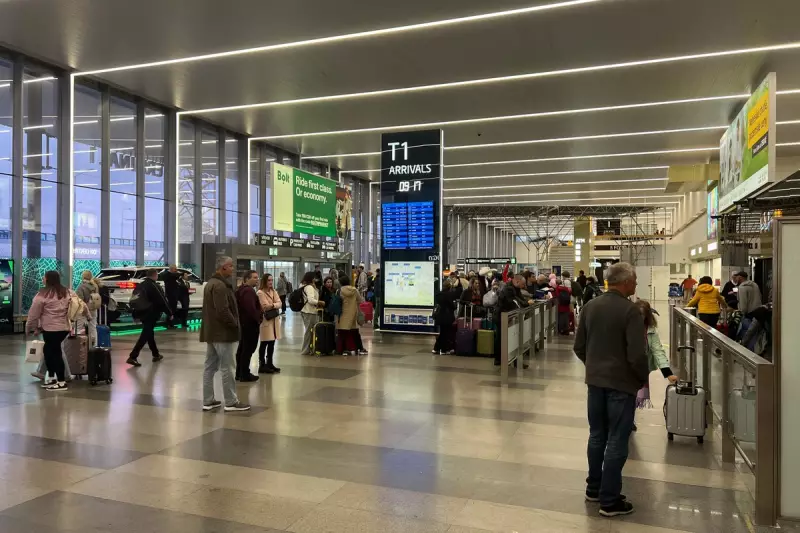
Prague's Václav Havel Airport has become the unexpected testing ground for the European Union's controversial new border control system, offering a worrying glimpse of what could await British travellers this autumn.
The experimental implementation of the Entry/Exit System (EES) at the Czech airport has resulted in staggering queues stretching up to four hours, with officials scrambling to manage the unprecedented delays.
What is the EU's Entry/Exit System?
The EES represents the most significant overhaul of EU border controls in decades. This automated IT system will register non-EU travellers - including British citizens - each time they cross an external EU border.
The system will collect:
- Biometric data including fingerprints and facial images
- Personal information from travel documents
- Date and place of entry and exit
- Refusal of entry records where applicable
Prague's Four-Hour Warning
During testing at Prague Airport, the additional biometric checks created bottlenecks that overwhelmed existing border control capacity. The situation became so severe that airport authorities had to implement emergency measures and deploy additional staff to manage the crowds.
One airport official described the scenes as "chaotic," noting that "the system's implementation requires significantly more time per passenger than traditional passport checks."
Implications for UK Travellers
With the full rollout expected in October 2024, the Prague experiment serves as a stark warning for British holidaymakers and business travellers. Popular destinations including France, Spain, Italy and Greece will all be required to implement the system at their borders.
Travel industry experts are expressing serious concerns about the potential impact during peak holiday seasons, when millions of British tourists typically flock to European destinations.
The UK Foreign Office is expected to issue updated travel advice ahead of the system's implementation, warning travellers to allow extra time for border crossings and prepare for potentially lengthy delays.
Preparing for the New Reality
Airports across Europe are racing against time to install the necessary infrastructure and train staff. However, the Prague experience suggests that even with preparation, significant disruptions are likely during the initial implementation phase.
For British travellers, this means planning for longer airport transfer times, considering alternative travel routes, and being prepared for a more intensive border control experience when visiting EU countries from this autumn onward.





